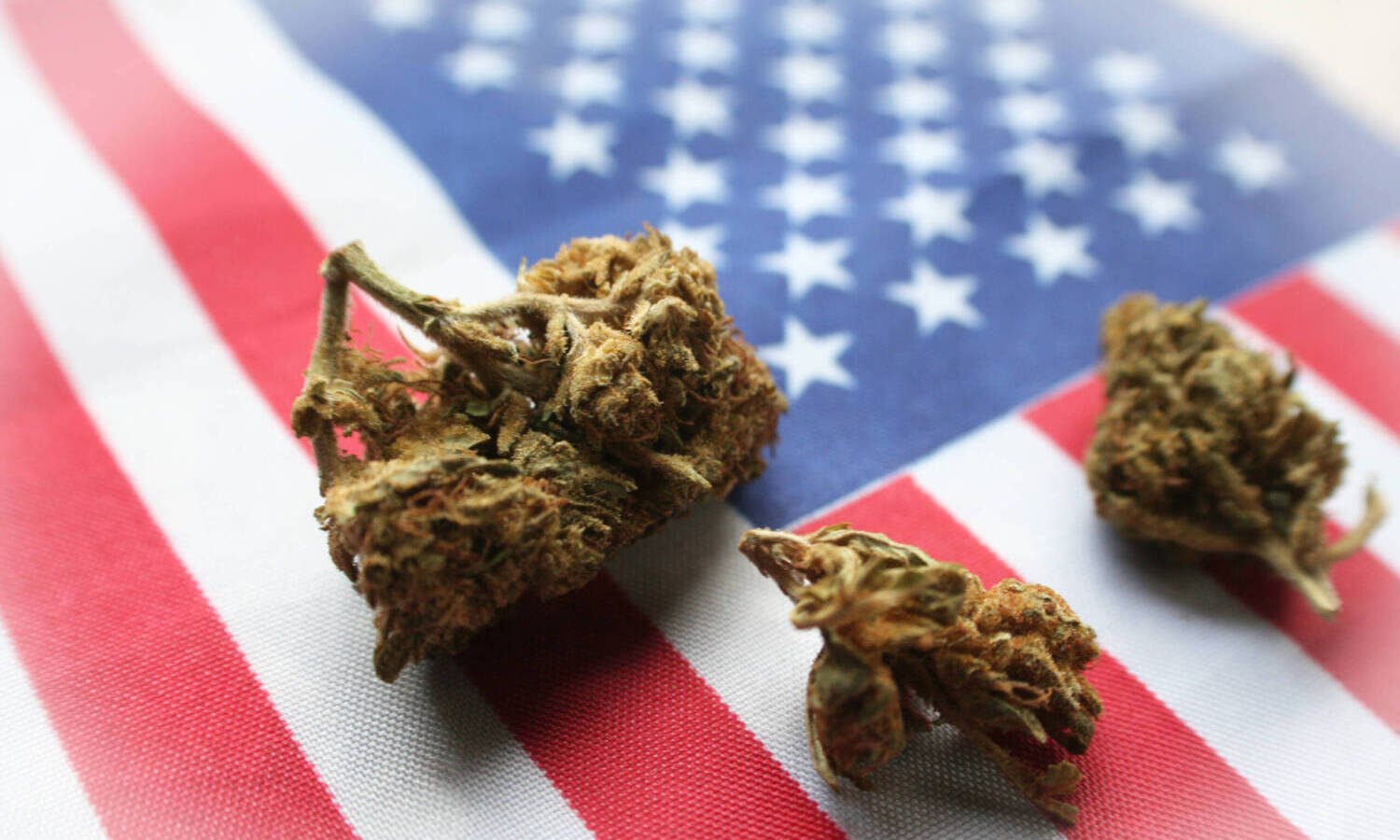
Cannabis legalization is a boon to real estate, new jobs and tax revenue, new data shows
Through
A new report from the Federal Reserve Bank sheds light on the economic impact of marijuana legalization in recent years, reports Marijuana Moment. Policy changes at the state level have resulted in increased demand for commercial real estate, as well as increased tax revenues and job creation.
According to an analysis by the Kansas City Federal Reserve, which collected data from several states under its jurisdiction, the Tenth Federal Reserve District, the cannabis industry has become one of the key economic sectors set to grow significantly in the coming period.
“Overall, the marijuana industry has had a significant impact on the economies of 10th Circuit states in the first few years after legalization,” the report said. “The emergence of the industry has led to more employment and greater demand for commercial real estate.”
The new analysis released last week also showed that tax revenues have skyrocketed, driven by a surge in marijuana sales. However, the report also highlighted the challenges marijuana businesses face due to their illegal federal status, which creates numerous obstacles, including lack of access to traditional banking systems.
“Legalization of marijuana has also presented challenges for both the industry and broader communities, including access to banking services and concerns by some local officials about its impact on public health and safety,” the report continued.
Photo by FatCamera/Getty Images
Legalization Efforts in the Tenth Federal Reserve District
Within the tenth federal reserve district, only Colorado and New Mexico have legalized both medical and recreational marijuana.
While Missouri residents will get their chance to speak out on recreational marijuana this November, cannabis-related initiatives in Oklahoma and Nebraska failed to make it to the polls.
RELATED: This state’s governor wants to “end” the stigma on cannabis despite GOP opposition.
“If successful, these expansion efforts can have important implications for the Tenth District’s economy,” the report said. “Although the size of the district’s marijuana industry has remained moderate to date, the industry has already impacted employment, real estate and tax revenue in legalized states.”
Meanwhile, Kansas is one of the few states that doesn’t have a comprehensive medical cannabis law, although Gov. Laura Kelly (D) is trying to change that. Earlier this year, Kelly signed legislation allowing Kansans to receive prescription drugs derived from cannabis products.
RELATED: Majority of US Voters Support Legalizing Marijuana Federally, But Do Politicians Care?
In Wyoming, legalization advocates are preparing two 2024 ballot proposals to decriminalize cannabis possession and legalize medical marijuana. A 2020 University of Wyoming poll found that about half of the state’s residents support legalizing marijuana, and 85% support medicinal use.
This article originally appeared on Benzinga and has been republished with permission.

Post a comment: